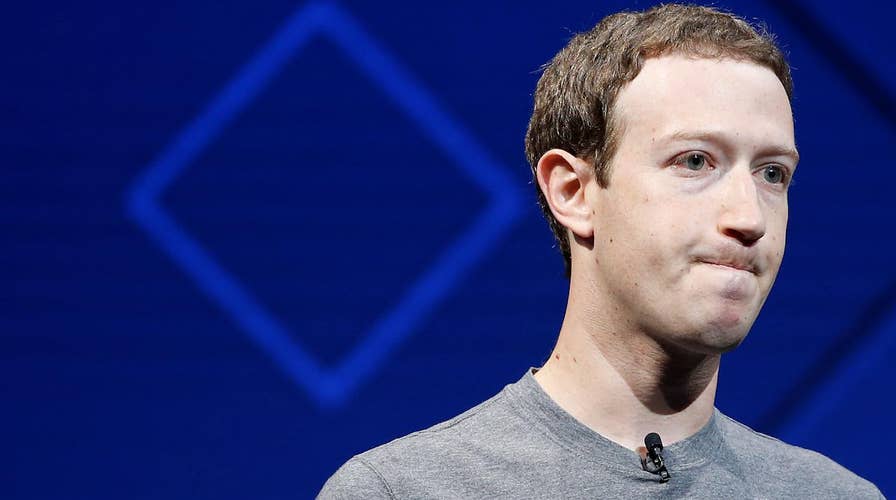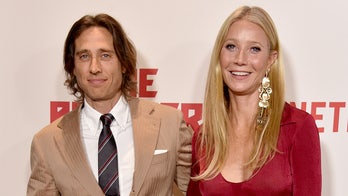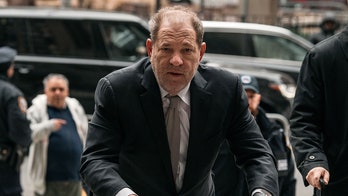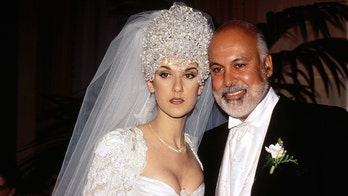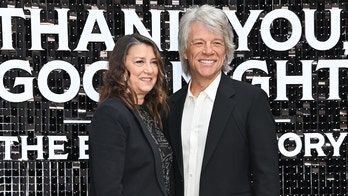Facebook, Russia and election propaganda: What you need to know
Facebook CEO Mark Zuckerberg revealed that the social media platform turned over to Congress 3,000 political propaganda ads tied to Russian accounts which were used during the 2016 election. Here’s a breakdown of the complicated relationship between Facebook, Russia and Congress’ election investigation.
WASHINGTON, D.C. — President Donald Trump weighed in on the latest scrutiny of Facebook and the extent to which Russian sources purchased political ads during the 2016 campaign, suggesting that the focus on the social media giant was part of the “Russia hoax.”
“The Russia hoax continues, and now it’s ads on Facebook,” he wrote. “What about the totally biased and dishonest media coverage in favor of Crooked Hillary?”
On Thursday, Facebook CEO Mark Zuckerberg announced significant changes to the way that the platform will handle political advertising, following calls from members of Congress to provide additional information on what it has learned about Russian attempts to influence the 2016 presidential campaign.
Facebook has said that its own investigation has found that Russian-linked sources purchased 3,000 political ads from 2015 to 2016. It has shared those ads with Special Counsel Robert Mueller, and on Thursday, Zuckerberg said the Russian-linked ads also would be shared with Congress. The company said the ads were not advocating for or against a specific candidate, but were oriented toward swaying opinion on divisive issues.
He also outlined a series of steps the company is taking to require additional disclosure from the sources of political ads, but some lawmakers reportedly want additional regulation for online spots.
Zuckerberg said Facebook’s own internal investigation is continuing, but he also urged other tech companies to cooperate with lawmakers as they pursue leads on Russian election interference.
“It is important that tech companies collaborate on this because it’s almost certain that any actor trying to misuse Facebook will also be trying to abuse other internet platforms, too,” Zuckerberg said.
A spokeswoman for Twitter said representatives will meet with the Senate Intelligence Committee next week to share what they have learned about Russian sources’ 2016 election posts.
But despite the efforts by the companies to show they are cooperating and taking steps to try to curb the use of their platforms for interference by foreign sources, lawmakers are continuing their pressure on internet firms.
Sen. Mark Warner (D-Va.) and Sen. Amy Klobuchar (D-Minn.) reportedly have circulated a letter to Senate colleagues asking them to co-sponsor legislation requiring additional disclosure of the sources of funding for online political ads.
There also are calls for Facebook to publicly release the ads it plans to give to Congress. That is something that the company is declining to do, citing national security and privacy issues.
Trevor Potter, president of the Campaign Legal Center and former chairman of the Federal Election Commission, said that Facebook’s move to turn over the copies of the Russian-linked ads was a “step in the right direction, but not nearly far enough.”
“Public disclosure of all information related to these 3,000 advertisements is necessary so that all of us understand how this occurred, and we can ensure that policies — both at Facebook and from the government — are in place to ensure this does not happen again,” he said in a statement.
